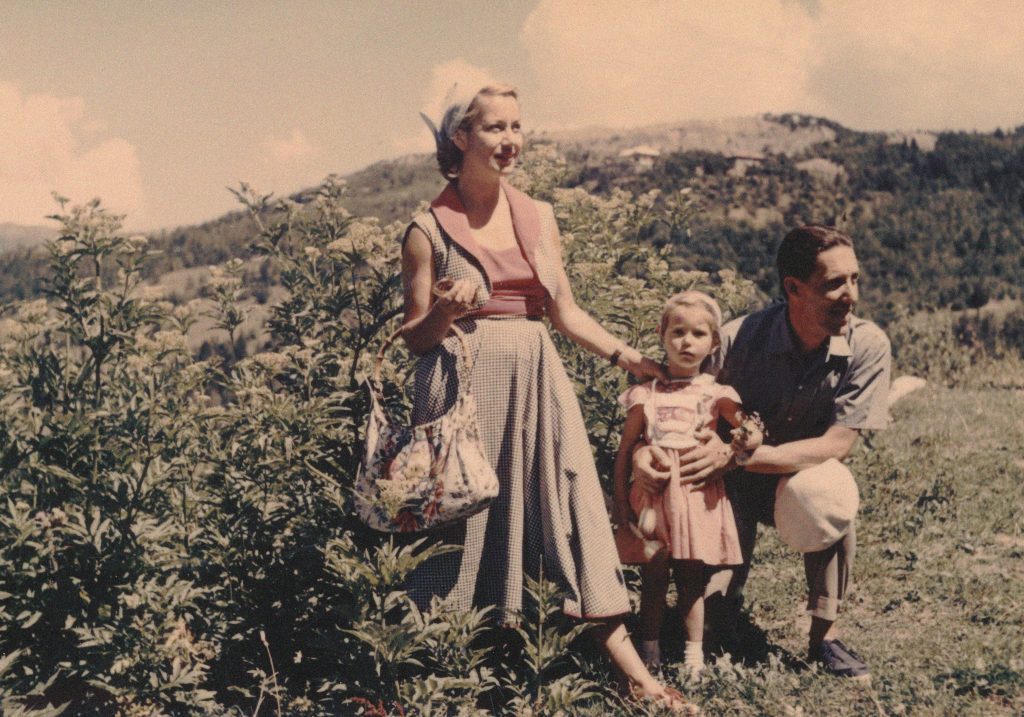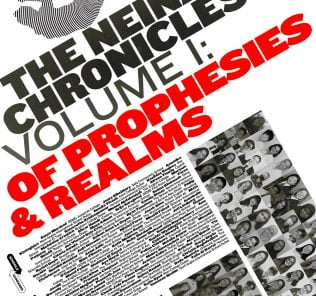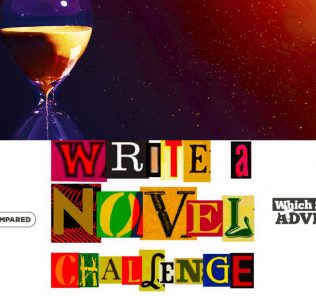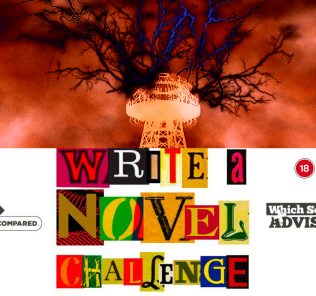Chapter 9. Write a Novel Challenge.
A sudden appearance of memorabilia encased the living, yet lifeless structures in the bottomless pit. They breathed in their vibrancy; their trembling flickers. Ones that, momentarily, could be reduced to a mist by the delicate touch of a lanky finger. Every definite edge was replaced by a blurred haze, and an unsettling desire to organize the emptied chamber of darkness, to fill it with love, light and all that is whole, filled Neina’s soul. She had been raised to embrace perfection, and yet she found a slight delight, a vicious pride in her small rebellions. In a flurry, amidst the growing piles of memorabilia and a racing mind, came a mother.
Neina’s mother.
Cupping her face in its dying flesh, the softness of the fabricated rubber of her skin sculpted at the worried dentures of her daughter’s ageing expression; an unruly wrinkle in the corner of her left eye revealing itself. It had formed in times of heartache, and in times of revelling in joy. For once, her mother had not hoped to uphold an image of precious royalty. Rather, a warmth laced her intentions. The sudden infliction of wasp-like stings against her sullen expression lifted it in pain rather than in joy; its twitching corners a testament to her mother’s attempts to maintain lifeless tranquility to the structure of an uncontrollably emotive body. Many a time, she’d wept in her mother’s arms, gasping and inhaling in her lap upon the woven hammock from the market. This idyllic nature of her mother – her pearl earrings and the obnoxious, deep, bloodied red of her slip dress – was not a reality.
In her frequent explorations to the kitchen as a child, Neina would stare at the trash can, where heaps of price tags ripped from the pieces of luxury attire lay. She’d peer through the crack of a door to reveal her mother’s cautious muffled sobs, and a face so anxiously red and yet so beautifully rich in colour. She held her hands up to her face in fear, punishing herself for her expenditures by clawing at her skin and, by day, revelling in the luxury. The plastered smile was nothing but a disappointment – a momentary insight into the daily, relived patterns of deceit.
In the coming months, the daughter would lie in her bed, peering out of the window and watch the woman walk out – her performative dignity abandoned, her stained uniform crumpled and worn. She laboured over the leather wheel, and the endearing age of the vehicle that held road trips and sullen hums across streets was now hideously morphed. It appeared worn, persistent in its sadness. It looked as if it were not an antique, as they had called it. It was the result of poverty. It was the result of remarks ingraining themselves deep into her skin; sculpting them repeatedly as they melted out of shape.
She was a tutor, once, dismissed for her thick accent. It was certainly not the obnoxious one she’d now perfected by listening eagerly, or desperately, as she rubbed the mustard stains on the businessman’s table for just a little longer. Her ideals were rules to live by – reconstructed by those who relived the same removal of colour, and a heap of influence. Neina had watched as her wardrobe was replaced from vibrant colours, to symbols of American media she barely understood, to silk blouses and suffocating buttons. As she’d imagined, her children glared in a questioning manner. The mother grew weary of the way her shame weighed on her frame and made note of upholding herself in great structure, in great posture as if she were, truly, a woman of affluence.
Her surgical removal of the unruly in any situation she encountered became a way of life, and it was the way of an obsessive criminal.
As bleach burnt into her flesh, she shoved scissors deep into her scalp if any unruly curls revealed themselves. The hate she held for herself was strategically hidden away, tucked in the darkest corners of a mind filled with the desire for the new and polished. It masked itself as a desire for good. It filled her with immense pride to state that she had provided the greatest of lives to children who, without her endearing interruptions as a saviour, would be left fragmented, unwhole.
Her father had very much done the same. A rabid punch interrupted the beauty of their starkly empty wall, with nothing but markings of an unsharpened graphite pencil depicting a small child’s growth. Hers was etched out at the age of six, a third of the way along the column. The age she adored.
These plastered attempts at healing melted away to a six-year-old. They melted away until Neina began to grow old, until she criticized the smudged markings of the wall. If an organized life failed to fasten onto an ordinary course, she would ponder, if it failed so greatly that it left the holes on her wall punctured, intricate markings collected over a lifetime smeared and sloppily plastered over, was it truly perfect? The deceit of a century sunk in, melting away to reveal a sour truth. It was much like the tracing of a rough tongue against a candied sweet; its bright, chemical coverings an attempt to conceal the bitter distaste left in your mouth. A journey of washing away every strip of colour. Erased, sunken, remodelled.
And so, as soon as she could, Neina moved away from home.
Her first attempts to integrate into a foreign town were, disappointingly, met with a white-picket fence. Within seconds, her black tube of paint was slathered onto the surface. The sheer amount she used was an exploitation of the colour, really. But just like her mother, she aimed to erase a broken past.
The very sight of such a starkly present structure disturbed her. It was her mother, for the imperfections of the underlying wood were so ignorantly painted over. Her wide-toothed and thick-lipped grin. Her basking in the sun, basking in the beauty of a drunken man that beat her walls, her home, her chairs. His slurred words were sloppy declarations of false love and endearment. Neina’s mother spoke of him like a saint. Like a man untouched, like a high-school lover whose endearing daily nuances never failed to fade away. She spoke as if the man had control, as if he didn’t douse his body entirely in Merlot rather than blood.
To be worthy of life, Neina felt she would have to resolve her life’s agonies, troubles and conflicts. She would have to relive it all over again, and she would have to deconstruct the permanent fixtures of a cluttered shed of a mind. The unexpected nature of it all and the prying gazes of those who had inflicted the heavy torture was a demand to organize; to allow for a focus on the slips and cracks, to see her mother’s plastered fixtures crumpled, the paint chipping away. The sing-song voice of the man she called her father would reveal itself to be a reoccurring memory.
Now, she realized, was the time for the architect to reconstruct.
©SchoolsCompared.com and WhichSchoolAdvisor.com 2020. All rights reserved.
For further information on the Write a Novel Challenge by SchoolsCompared.com and WhichSchoolAdvisor.com, please click here.
To read Chapter 1, click here.
To read Chapter 2, click here.
To read Chapter 3, click here.
To read Chapter 4, click here.
To read Chapter 5, click here.
To read Chapter 6, click here.
To read Chapter 7, click here.
To read Chapter 8, click here.
For further information on The English College Dubai, click here.
For further information on WhichSchoolAdvisor.com, click here.










































































Leave a Response